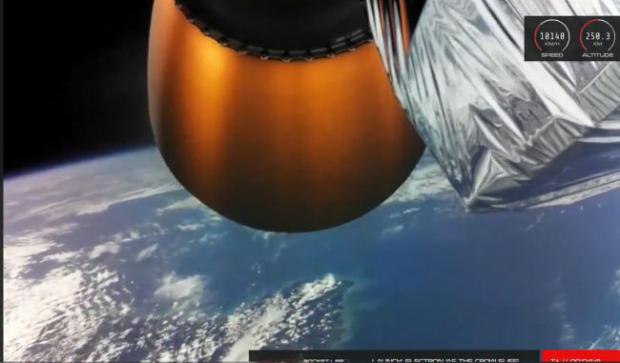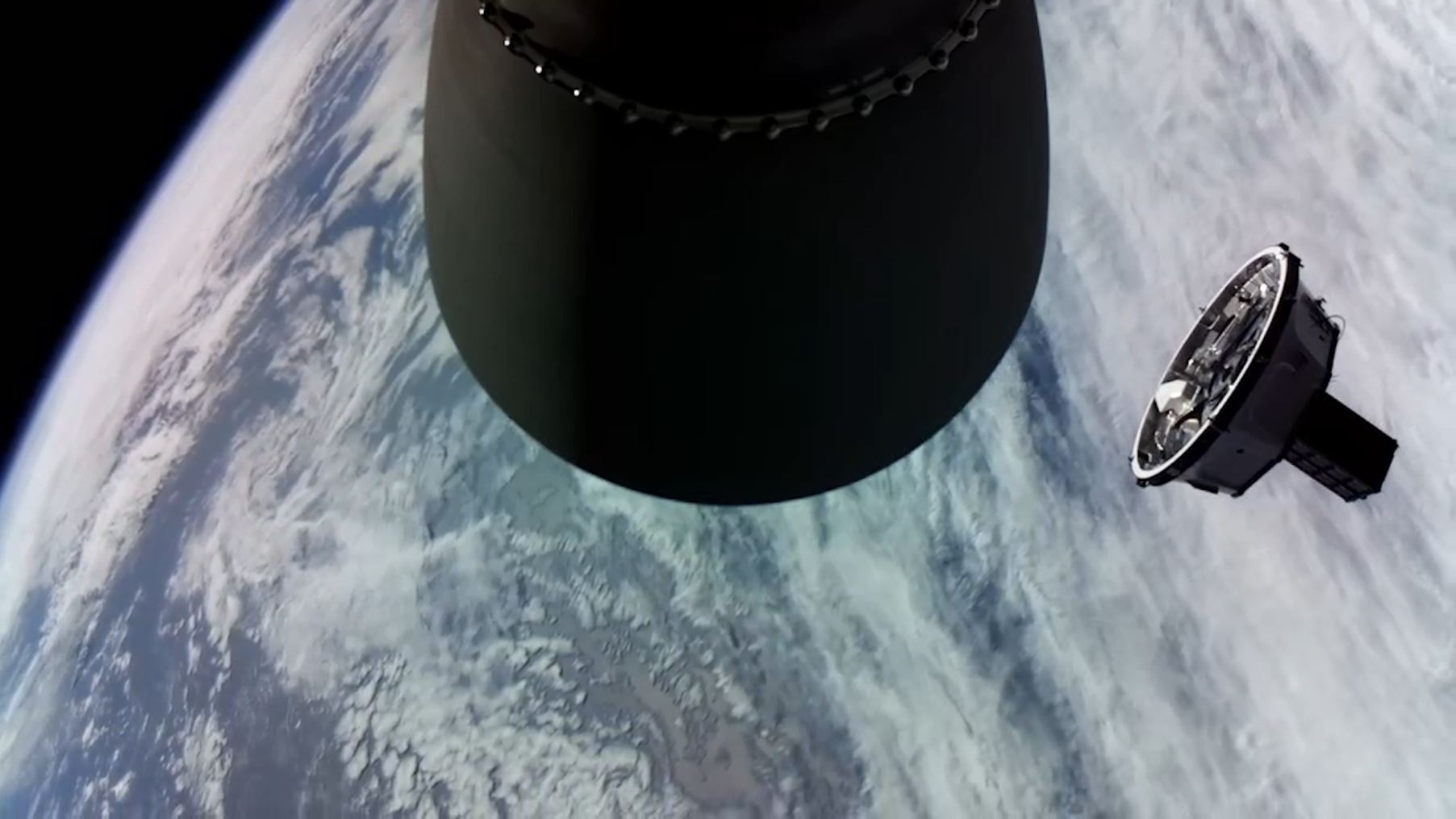
Breaking News
 The Vain Struggle to Curb Congressional Stock Trading
The Vain Struggle to Curb Congressional Stock Trading
The Tesla Model S Is Dead. Here's Why It Mattered
 America's First Car With Solid-State Batteries Could Come From This Little-Known EV Maker
America's First Car With Solid-State Batteries Could Come From This Little-Known EV Maker
 POWERFUL EXCLUSIVE: Learn Why Silver, Gold, & Bitcoin Plunged After JD Vance Announced...
POWERFUL EXCLUSIVE: Learn Why Silver, Gold, & Bitcoin Plunged After JD Vance Announced...
Top Tech News
 How underwater 3D printing could soon transform maritime construction
How underwater 3D printing could soon transform maritime construction
 Smart soldering iron packs a camera to show you what you're doing
Smart soldering iron packs a camera to show you what you're doing
 Look, no hands: Flying umbrella follows user through the rain
Look, no hands: Flying umbrella follows user through the rain
 Critical Linux Warning: 800,000 Devices Are EXPOSED
Critical Linux Warning: 800,000 Devices Are EXPOSED
 'Brave New World': IVF Company's Eugenics Tool Lets Couples Pick 'Best' Baby, Di
'Brave New World': IVF Company's Eugenics Tool Lets Couples Pick 'Best' Baby, Di
 The smartphone just fired a warning shot at the camera industry.
The smartphone just fired a warning shot at the camera industry.
 A revolutionary breakthrough in dental science is changing how we fight tooth decay
A revolutionary breakthrough in dental science is changing how we fight tooth decay
 Docan Energy "Panda": 32kWh for $2,530!
Docan Energy "Panda": 32kWh for $2,530!
 Rugged phone with multi-day battery life doubles as a 1080p projector
Rugged phone with multi-day battery life doubles as a 1080p projector
 4 Sisters Invent Electric Tractor with Mom and Dad and it's Selling in 5 Countries
4 Sisters Invent Electric Tractor with Mom and Dad and it's Selling in 5 Countries
Rocket Lab successfully launches ninth Electron mission, deploys payload to highest orbit yet


The successful mission brings the total count of satellites deployed by Rocket Lab to 40 and continues the company's record of 100% mission success for customers
Auckland, New Zealand. 17 October 2019 – Rocket Lab, the global leader in dedicated small satellite launch, has successfully launched its ninth Electron mission, deploying a single spacecraft to orbit for satellite manufacturer Astro Digital.
The mission, named 'As The Crow Flies,' lifted off from Rocket Lab Launch Complex 1 on New Zealand's M?hia Peninsula at 01:22 UTC, 17 October 2019 (14:22 NZDT). Approximately 71 minutes after lift-off, Electron's Kick Stage deployed the payload to a circular orbit of more than 1,000 km - more than twice the altitude of any Electron mission to date. The mission successfully demonstrated recent upgrades to the Kick Stage's 3D-printed Curie engine, including the move to a bi-propellant design for improved performance. Curie also serves as the propulsion system on Rocket Lab's Photon satellite bus, and the flight-proven engine upgrades support enduring missions in LEO, as well as higher orbits.
This mission takes the total number of satellites deployed by Rocket Lab to 40 and continues the company's track record of 100% mission success for customers.
The spacecraft on board was a Palisade technology demonstration satellite - a 16U CubeSat with on-board propulsion and next generation communications systems developed by Astro Digital, and software developed by Advanced Solutions Inc. including an advanced version of ASI's MAX Flight Software.
The mission earned its moniker, 'As The Crow Flies,' as a nod to Astro Digital's Corvus Spacecraft Platform which provides flexible and cost-effective solutions across a wide range of applications and mission profiles on bus variants ranging from 6U and 16U CubeSats to ESPA Class. Corvus is also a widely distributed genus of birds that includes crows.
'As The Crow Flies' was pulled forward in Rocket Lab's 2019 manifest after a customer originally slated for this window requested a later launch date.



